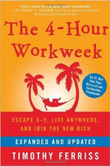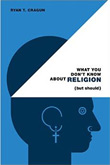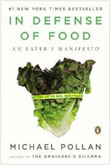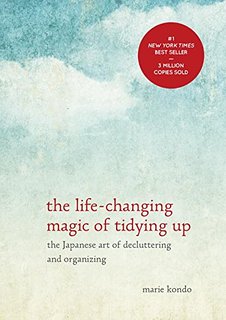Getting to good ideas
Brandon Sun, December 30, 2019 - David McConkey
How do we get to good ideas? The ideas that are good for us: personally, socially, technologically, ethically? This can be hard because we often adopt our beliefs without factual evidence. And when discussing ideas with others, we often aren’t open to alternative views. Rather, we double down on our pre-conceived notions.Fortunately now there is more awareness of this problem and the need for solutions. Figuring out how we form our beliefs, how we can better get to good ideas, and how we can better converse with others are vital skills for 21st century citizens.
Getting to good ideas often entails overcoming resistance. Bad ideas can be enshrined in tradition, inertia, and our reluctance to be controversial. For example, we can find it hard to adopt good ethical ideas because we would then have to give up cherished religious traditions. (Think of accepting women’s equality or same sex marriage.)
Often we realize only in hindsight that we should adopt good ideas. For example, it is easy to see that previous generations were right years ago to end slavery. It is also easy to see how our parents and grandparents were right a half century ago to begin ending the legal discrimination against LGBT individuals.
But it is not as easy to see today that we should look at controversial ideas like treating incarcerated individuals more humanely. But we can well imagine future generations looking back and thinking we should have reformed our criminal justice system more quickly. (And remember that the quest for good ideas is never ending. Slavery still exists in some parts of the world.)
We cannot rely on our political leaders as they are usually not leading, they are following. Take the issue of assisted death for people who are in enduring suffering. This was an issue that the Canadian public recognized a desperate need for, but politicians of all stripes were afraid to talk about. So it remained taboo, with potential legislation a pipe dream. Then the Supreme Court forced Parliament to take action.
In response to the court, the Justin Trudeau government did bring in assisted death legislation. But the law formulated by former Justice Minister Jody Wilson-Raybould was very restrictive. At least now we can openly discuss this topic. The matter was raised in the recent federal election. That, plus a new lower court ruling, have prompted the Liberals to pledge to improve the legislation.
And we cannot blame just our political leaders for resisting change. We are stuck as well. In general, we form our beliefs by our gut feelings, and then search out facts to confirm our biases. We tend to believe what we think “good people” believe. That’s why bringing facts into a conversation rarely changes anyone’s mind. (Think of trying to use facts to persuade an anti-vaxxer.)
These themes are explored in a great new book, How to Have Impossible Conversations: A Very Practical Guide by Peter Boghossian and James Lindsay. Their aim is to show us how to have better conversations with those we disagree with.
One of their recommendations is building into our conversations what they call “golden bridges.” These are ways that help others gracefully adopt new understandings and avoid social embarrassment. (I will return for more about this book in a column next month.)
Here is another potentially good idea that has often been neglected: using nuclear power to combat climate change. Someone who has thought much about this and helped fund innovative research is Bill Gates. By the way, if you want to see how a super smart person gets to good ideas – from toilets to vaccines to nuclear power – watch the Netflix documentary Inside Bill’s Brain: Decoding Bill Gates. (Incidentally, a favourite thinker of Gates is Prof. Vaclav Smil. Although not mentioned in the documentary, Smil is at the University of Manitoba.)
On the positive side, we do adopt good ideas. Think of how less sexist, racist and homophobic we are now compared to a generation or two ago. Look at all the new technologies we use. But we can be more aware of how we cling to bad ideas, of how we can discover good ideas, and of how we can have more productive conversations. For we can use all the good ideas we can get.
See also:
Enlightenment Values Are Needed Now More Than Ever
How Can We Learn to Think and Argue Better?
Deepening Our Thinking in the Internet Age: Ten Tips
The Medium that is our Mind: A McLuhanesque Meditation
Popular Right Now:
- 15 Tips for Healthy Eating
- Quality of Life, Well-Being Research Something We Can Feel Good About
- Diets Don't Work, So What Does?
- Political Contributions: Top Ten Canadian Tax Tips
- Nestle Fitness 14 Day Weight Loss Program; What is Wrong Here?
- Charitable Donations: Top Ten Canadian Tax Tips
Must Read Books:
The 4-Hour Workweek:
Escape 9-5, Live Anywhere, and Join the New Rich

What You Don't Know About Religion (But Should)

In Defense of Food:
An Eater's Manifesto

The Life-Changing Magic of Tidying Up:
The Japanese Art of Decluttering and Organizing

Don't
Even Think About It:
Why Our Brains are Wired to Ignore Climate Change

Like This? Share It!
Press Ctrl + D to Bookmark!
